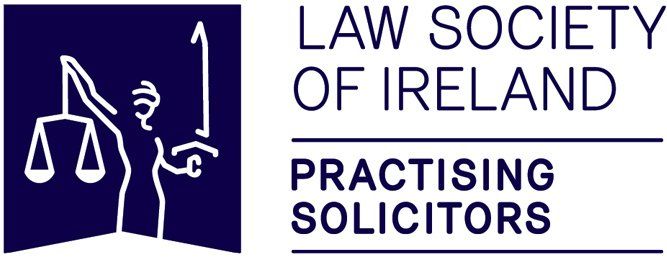When Wills are disclosed to family members, occasions can arise when people felt they have been left out or unfairly treated. There are ways under law to address this and challenge a will.
Where a person expected to be a beneficiary but was excluded, it is vital that you consult your solicitor to be advised whether you have a legitimate case to challenge the will. This is very important as there are timeframes within which claims should be made.
Common grounds to challenge a Will are:
- The validity of the Will
- How the Will was made
- Whether the testator (person making the Will) was ill and was fully aware of what they were doing ; this is the mental state of the testator at the time of making the Will
- Whether there was pressure by others for the Will to be made
- Whether beneficiaries of the Will unduly influenced the testator
- Whether a beneficiary wrote or typed the Will or was a witness to the will
- Whether the provisions of the Succession Act, 1965 were fully followed in providing for a spouse and or children
Validity of Will
This is the basic test of any Will. The Will must be (i) in writing (ii) signed by the testator (iii) there must be two witnesses at the time the Will is made and signed (iv) the witnesses must not themselves be beneficiaries under the Will (v) the testator must be of sound mind at the time the Will is made and understand what he/she is doing.
Any of these grounds can be relied upon to challenge a Will.
Mental State of the Testator
This is a common reason to challenge a Will particularly where the testator was an elderly person. Where a person has a medical condition which can affect their capacity to understand what is happening, but their relatives want a Will to be made, this is still possible under strictly controlled circumstances. For instance, where a person is in hospital or a nursing home and drifts in and out of mental awareness, a doctor can advise a time when the testator fully understands what is happening.
To succeed under this challenge a court will apply the following test:
- The testator must fully understand what they are signing and the consequences of the will
- Understand the assets the testator has which are being gifted away and the effect of these bequests
Undue Influence
Undue influence is where a person puts pressure on a testator to make a Will and where the person applying such pressure benefits under the Will. Under this challenge, legal advice should be sought as soon as the suspicion becomes apparent. Proof of such pressure needs to be provided. The burden of proof of showing the testator was pressurised into making the Will lies with the party making the challenge.
Spouse and Children of the Testator
The law is very clear on the rights of spouses. The spouse has a legal right to a share of the Will whether the Will provides for this or not.
A child who might feel that they received less than other siblings can make a Section 117 application on the grounds that the Will does not make proper provision for them.
Before initiating such a challenge here it is strongly recommended that a challenger discusses their claim with their solicitor before embarking on such a claim.

